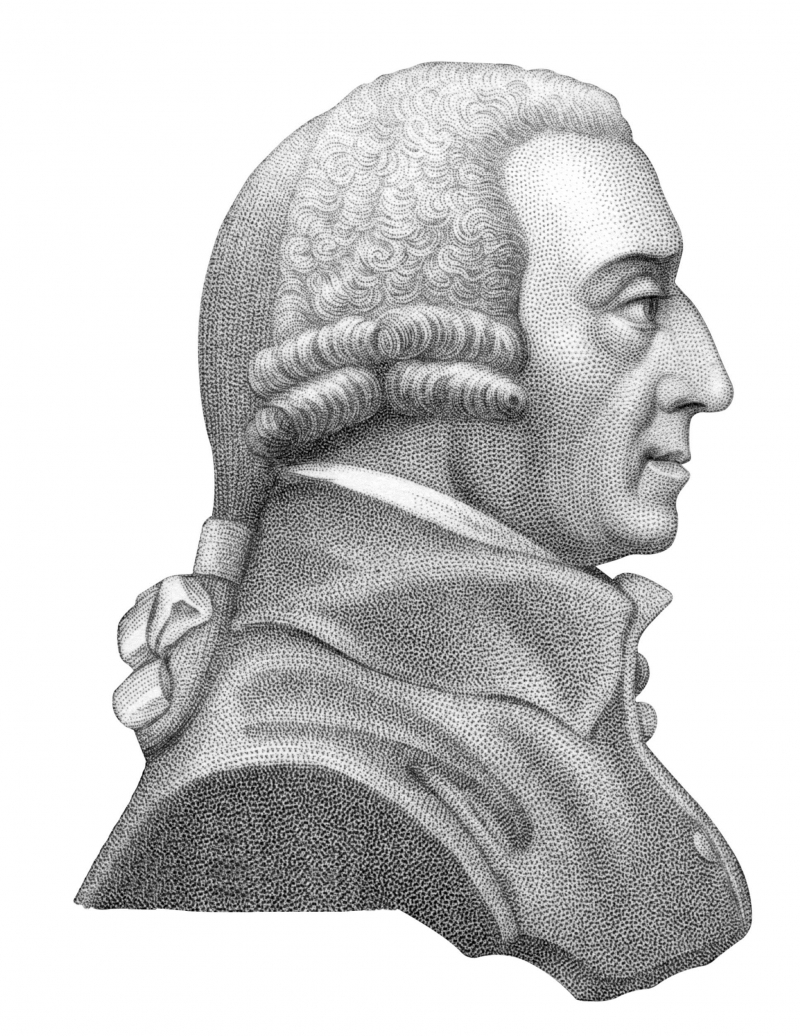Smith had two additional books in the works when he passed away.
The Wealth of Nations and The Theory of Moral Sentiments are undoubtedly Adam Smith's two most well-known writings. The latter would ultimately play a key role in the advancement of contemporary economics. The book looked at theories surrounding a free market economy that are still relevant today. His ideas about enabling the economy to function autonomously, free from governmental meddling, were revolutionary.
Smith was writing two books at the time of his death in 1790: one on the history of law and the other on the sciences and the arts. It has been argued that the publication of these books would have fulfilled Smith's ultimate goal, which was to give a thorough examination of society and all of its components.
But his passing tragically put an end to these endeavors. Essays on Philosophical Topics and A History of Astronomy are a few more books that were released after his passing. Smith's writings on classical metaphysics and physics were also made public, and they provided more insight into the contents of the book on the arts and sciences.
Smith requested that anything not acceptable for publishing be destroyed, potentially depriving the world of even more of his profound effect. Some of his later work was posthumously published after his death, though. Numerous of Smith's writings had already been released as essays or standalone pieces when he passed away.










